Too Wise to Be Mistaken, Too Good to Be Unkind
God shall alone the refuge be,
And comfort of my mind;
Too wise to be mistaken, He,
Too good to be unkind.
In all his holy, sovereign will,
He is, I daily find,
Too wise to be mistaken, still
Too good to be unkind.
When I the tempter’s rage endure,
’Tis God supports my mind;
Too wise to be mistaken, sure,
Too good to be unkind.
When sore afflictions on me lie,
He is (though I am blind)
Too wise to be mistaken, yea,
Too good to be unkind.
What though I can’t his goings see,
Nor all his footsteps find?
Too wise to be mistaken, He,
Too good to be unkind.
Hereafter he will make me know,
And I shall surely find,
He was too wise to err, and O,
Too good to be unkind.
Samuel Medley’s hymn, The Wisdom and Goodness of God, is a small pastoral gem with short
lines, a steady refrain, and a theology that comforts without cheapening suffering. Medley takes
his refrain “Too wise to be mistaken, Too good to be unkind” and lets it steady the soul through
the ordinary bewilderments of life, like temptation, affliction, not seeing God’s steps, and the
patient wait for future clarity. For Christians who wear both grief and hope, this hymn does what
good hymns are meant to do because it teaches doctrine gently and then applies it to the one
who is hurting.
Before we dig in, listen again to the Scripture that the hymn echoes. Exodus 34:6 (ESV) reads:
“The LORD passed before him and proclaimed, ‘The LORD, the LORD, a God
merciful and gracious, slow to anger and abounding in steadfast love and
faithfulness,’”
That proclamation is the hymn’s north star. Medley’s couplets are not mere piety; they are an
audacious affirmation that the God who reveals himself in Exodus is the God who shapes our
lives when we cannot see the road.
God our refuge and comfort (stanza 1).
“God shall alone the refuge be, / And comfort of my mind.” The hymn begins with sanctuary
language, God as refuge of the mind, not just of the body. In counseling, we often work with
anxious thoughts that treat the world as if it were the final judge of our security. Medley corrects
that by rehearsing a theological remedy: if God is infinitely wise and supremely good, our
broken thinking can be confronted and reshaped by that truth.
Sovereignty that benefits us (stanza 2).
“In all his holy, sovereign will, / He is, I daily find…” Medley refuses the false dilemma that either
God is sovereign or God is good. He insists on both. Put another way: God’s decrees are not
arbitrary strokes of will; his wisdom governs rightly, and his goodness governs kindly. That does
not mean every circumstance is pleasant, but it does mean every circumstance is under a wise
and loving hand.
Suffering, temptation, and the believer’s experience.
The hymn moves from doctrine to experience: the tempter’s rage, sore afflictions, and blindness
in suffering. Note the pastoral realism. Medley does not flinch from pain. But even amid these,
the refrain rings: God is “too wise to be mistaken, sure, / Too good to be unkind.” This is not an
explanation that erases pain; rather, it is the steadying conviction that God’s purposes are
ordered and his heart is toward his people even when we suffer.
The humility of not seeing and the promise of future clarity.
“What though I can’t his goings see… Hereafter he will make me know…” There is a twofold
posture here: present trust despite blindness, and future hope for revelation. Medley trains the
heart to both trust and wait. Trust now because of who God is; wait because God will one day
disclose his ways fully.
Theological implications
- Attributes matter. The hymn is a short sermon on divine attributes: wisdom and
goodness (and implicitly, mercy and faithfulness as Exodus 34:6 states). Doctrine here is
not abstract but are attributes that shape pastoral care. When a counselee doubts God,
remind them not only that God is powerful, but that he is wise and good in his power. - Sovereignty and tenderness cohere. The hymn resists both fatalism and
sentimentalism. God’s sovereignty does not make him remote, and his goodness does
not make him capricious. This is the heart of pastoral reassurance that we are not in the
hands of a careless governor but in the hands of a wise and kind Father. - Theodicy without cheap answers. Medley never promises that pain is pleasant, but he
gives us a posture for pain. That posture is theological and practical. We confess the
pain, rehearse the attributes of God, and lean on the promise that what is hidden now
will be made known.
How to sing (and live) this hymn in hard times
Make Exodus 34:6 a daily medicine. Read it out loud when anxious thoughts gather.
Theology spoken often becomes trust lived quietly.
● Use the refrain as a mental anchor. When a mind runs to “What if…” or “He must have
forgotten me,” speak the refrain back: “Too wise to be mistaken. Too good to be unkind.”
The heart does not change instantly, but repetition forms conviction.
● Journal the “hereafters.” Medley promises that “Hereafter he will make me know.”
Keep a record of moments when God’s purposes became clearer later. Those entries
will encourage you in the next valley.
● Sing it in community. Hymns heal us corporately. Bring this hymn into small groups,
worship sets, or use it as a benediction in counseling sessions.
● Apply it tenderly in marriage and counseling. When couples quarrel over perceived
coldness or bad choices, remind them: God’s wisdom and goodness give us a template
for patient correction. We are to speak truth in love because the aim is restoration, not
punishment.
A pastoral benediction
If you are reading this and your heart is raw, if you cannot yet see God’s footsteps, Medley gives
you a gospel-directed permission. You can be honest about your blindness and rest in the
character of God. He will not be caught off guard, and he will not be capricious. He is too wise to
make mistakes and too good to be unkind.
“The LORD passed before him and proclaimed, ‘The LORD, the LORD, a God
merciful and gracious, slow to anger and abounding in steadfast love and
faithfulness…’” — Exodus 34:6, ESV






